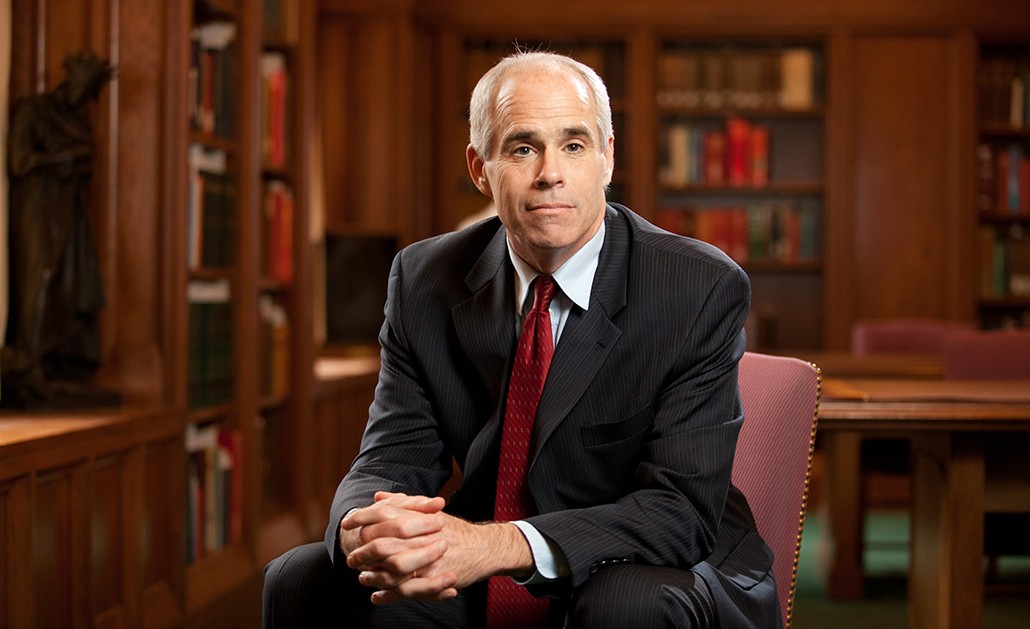“The hard-earned wisdom and insights generously shared by those experts is the truest compass for the direction I should take, both in my interior journey toward freedom from the legacy of racism that I have inherited as well as my journey in the world as one who seeks justice.”
Kline provided psychotherapy to individuals and families for more than 30 years, including scores of immigrants, refugees, and asylum seekers. He ran a private practice for over a decade and treated patients at the Emma Pendleton Bradley Hospital in Rhode Island, the first psychiatric hospital in the United States devoted exclusively to children and adolescents.
“One of the great benefits of social work,” he says, “is that you can move into different settings to follow where your vocation is calling you to go.”
Studies show that 75 percent of social workers experience burnout at some point in their careers. Experts identify compassion fatigue—the physical and emotional strain placed on caregivers who are regularly exposed to traumatized patients—as one of the primary factors that contribute to the phenomenon.
Kline says that helping his clients reach aha moments—when they discovered hope and realized that they would be able to heal their emotional wounds—enabled him to cope with burnout.
“I have been privileged to stay with individuals and families as fierce storms have battered their minds, hearts, and spirits,” he says. “What helps us to live with the raw stories of pain and suffering are the moments of hope and healing that emerge in these encounters.”
Kline says his favorite class to teach at BC was “Social Work and Spirituality,” which explores the power of spirituality to help people cope with trauma and improve their well-being. He says many students who took the class often discovered new strategies to overcome extremely challenging moments in their lives.
“The classroom,” he says, “became a laboratory for discovering and exploring new ways of thinking about suffering, healing, and recovery.”
Kline advises newly minted social workers to build a support system composed of good friends and family who can help them navigate the difficulties of day-to-day life.
“Make sure you are well-loved and well-cared-for,” says Kline, who received his doctoral degree from the School of Social Work in 1990. “You can’t give compassion and tender care to others if you’re not receiving it from important people in your life.”
After he retires, he plans to enjoy more time with his family and continue to practice as a deacon at The Good Samaritan Ministry in South Boston. “I will continue to accompany the forgotten ones among us,” he says.



